Since President Donald Trump took office in 2017, hate groups - including more than 600 dedicated to white nationalism - have surged in the United States, according to a recent report from the Southern Poverty Law Center.
That amounts to a four percent increase in the last three years.
"(This) was a year that saw the 'alt-right,' the latest incarnation of white supremacy, break through the firewall that for decades kept overt racists largely out of the political and media mainstream,” the report said. “The overall number of hate groups likely understates the real level of hate in America, because a growing number of extremists, particularly those who identify with the 'alt-right,' operate mainly online and may not be formally affiliated with a hate group.”
One Democratic presidential candidate has decided to hold the administration accountable - and it is an all-out Hoosier war.
On Wednesday, Pete Buttigieg, the 37-year-old openly gay mayor of South Bend, Indiana, excoriated Vice President Mike Pence for being "at best complicit" in the rise of extremism in the age of Trump.
In an interview on Buzzfeed News’s online show “AM to DM,” Buttigieg blasted Pence, Indiana's former governor, as “consistently horrible” for “what seems at best to be a level of negligence, if not encouragement, coming from the highest office in the land.”
Buttigieg was unambiguous in his criticism of Pence:
“I think the moment you come on board with a project like the Trump campaign or the Trump-Pence administration, you are at best complicit in the process that has given cover for the flourishing and the resurgence of white nationalism in our midst."
Buttigieg accused Pence of abdicating his role as a leader, noting the administration's push for a border wall with Mexico, rather than focusing on combating the plague of hate that is metastasizing throughout the country.
“It’s an obligation for anyone in a position of authority or power — or even just visibility — to speak out about why it’s wrong, why it’s not consistent with American values and why if we really want to talk about safety and security, that has less to do about putting up a wall from sea to shining sea than making sure that people are not continuing to be radicalized into violent white nationalism.”
Nailed it.
Some fear that conditions would worsen if Pence were to ascend to the presidency.
Buttigieg's campaign has surged in recent weeks, and fans of Trump & Pence are not happy with his take.
Cue the haters, who see Buttigieg's remarks as an attack on Christianity. Talk about nutty...
A reminder that the United States is not a theocracy.
Still, plenty of people are energized by Buttigieg's unfiltered candor.
Earlier this month, Buttigieg roused Democratic primary voters at a town hall in Austin, Texas, where he tore into Pence - a hyper-conservative evangelical Christian - for his hypocritical support of Trump.
“My understanding of scripture is that it is about protecting the stranger, and the prisoner, and the poor person… has a lot more to do with sexuality and a certain degree of rectitude," Buttigieg said.
“How could he allow himself to become the cheerleader of the porn star presidency. Is it that he stopped believing in scripture when he started believing in Donald Trump?” he asked.
Buttigieg also essentially asked non-Hoosiers to forgive Indiana for giving us Pence and his infamous homophobia.
"Please don't judge my state by our former governor,” Buttigieg said. “I think those views are so out of line with where anybody is. And look, I got to tell you, this was kind of a difficult journey for a lot of people."
Being gay in deep-red Indiana was never easy for the rising Democratic star.
“Frankly, when I first got into politics, elected politics at the beginning of this decade in Indiana — in Mike Pence’s Indiana — I thought you could either be out or you could be in office, but you couldn't be both,” Buttigieg said.
Nevertheless, he prevailed.
“I came out in the middle of a reelection campaign because it was just that time in my life when I had to do that,” he continued. “Pence was governor. We weren’t sure what it would do to my political future in a socially conservative community. I wound up getting reelected with 80 percent of the vote.”


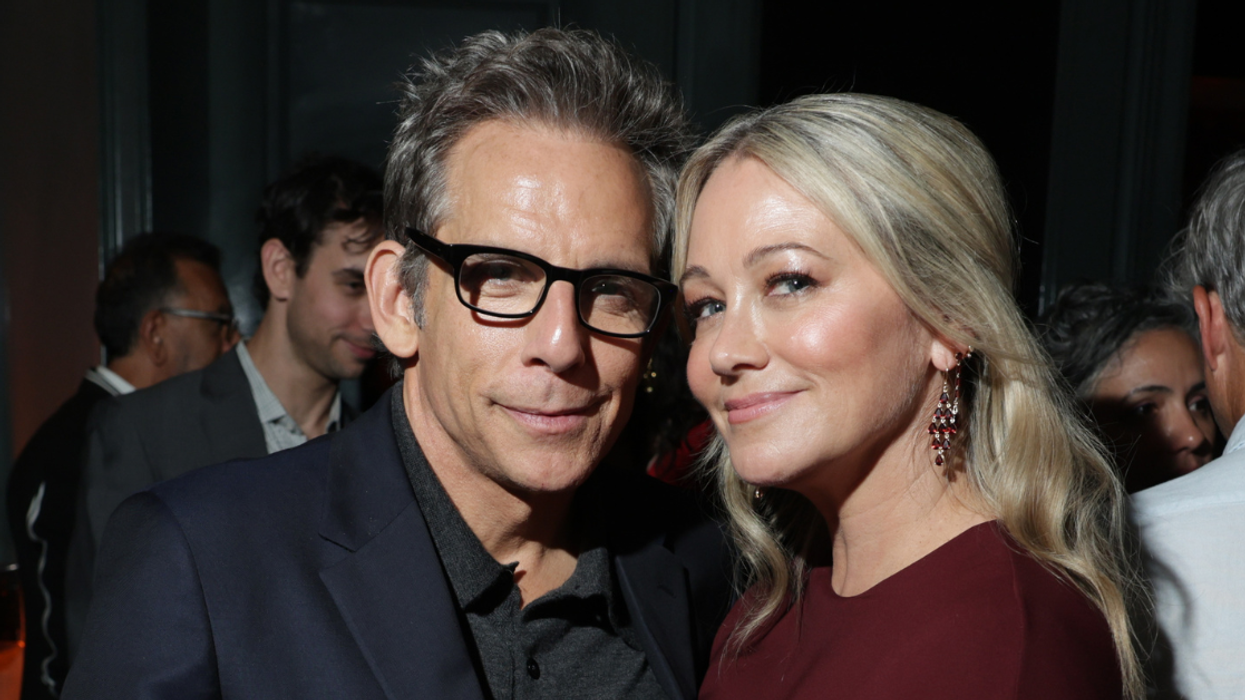
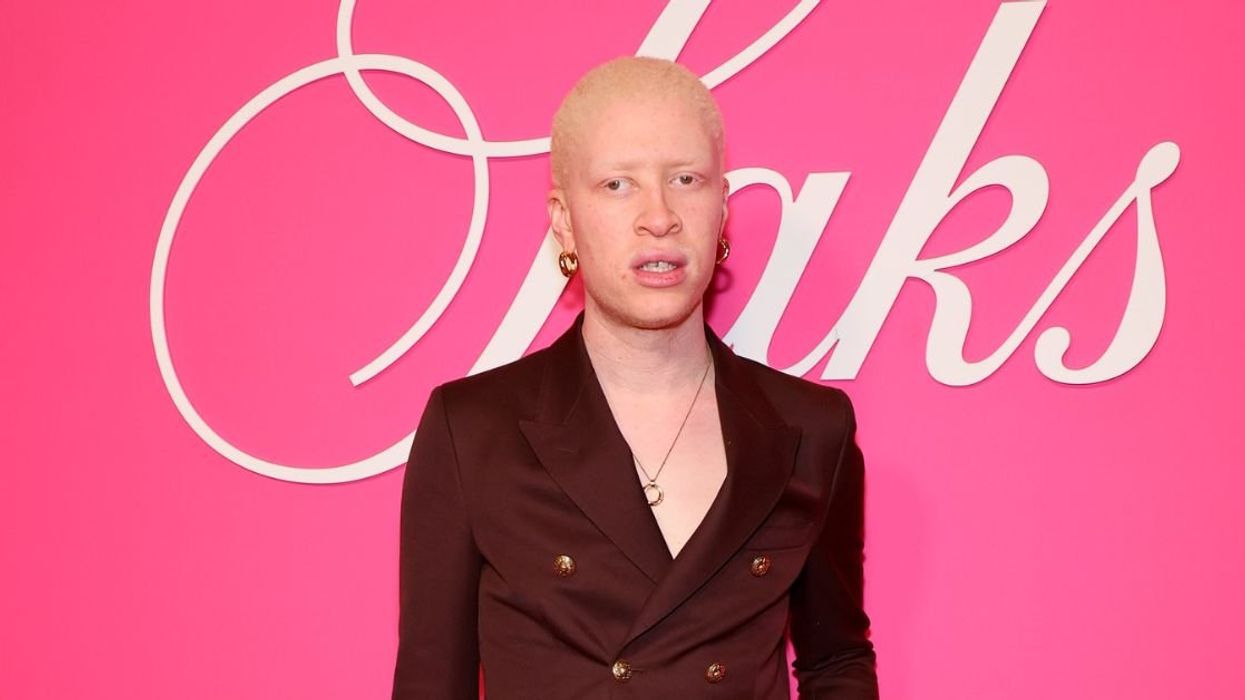
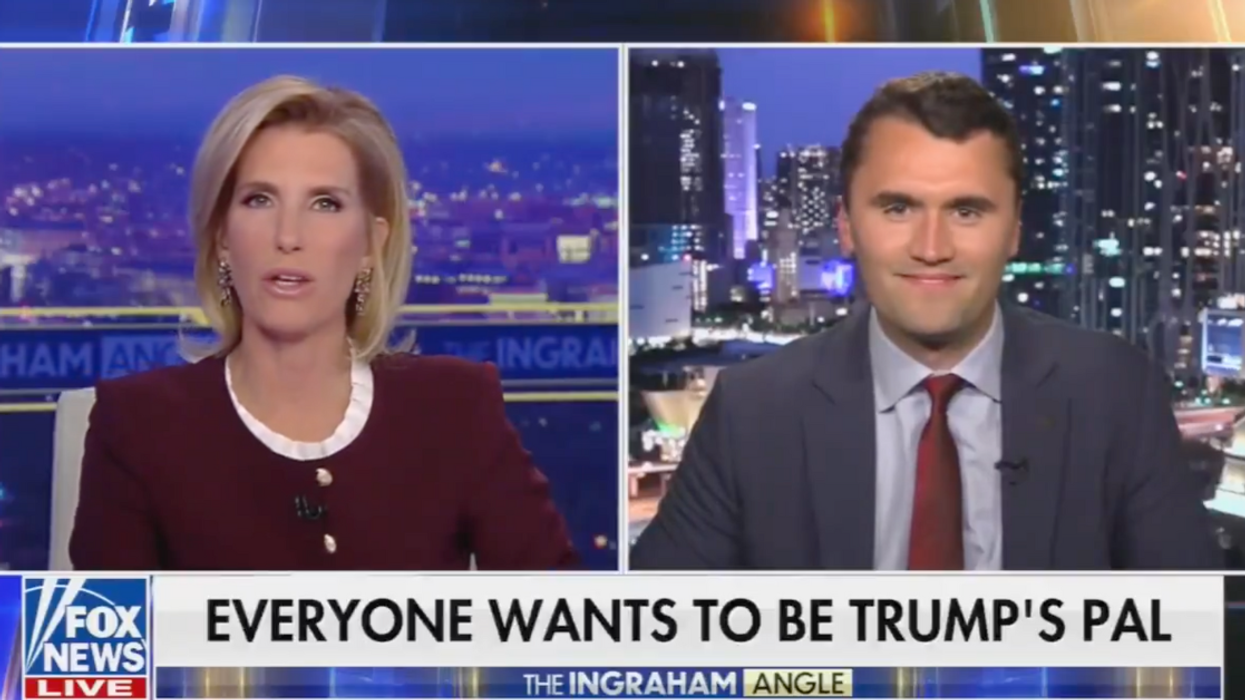
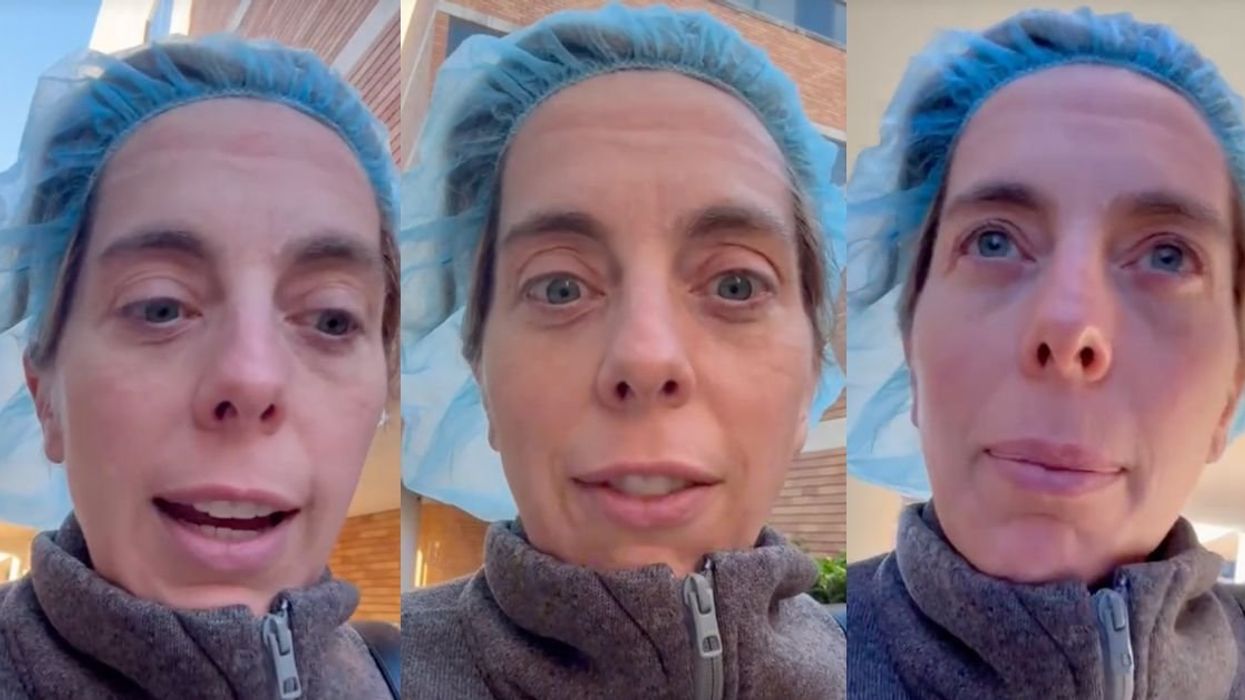
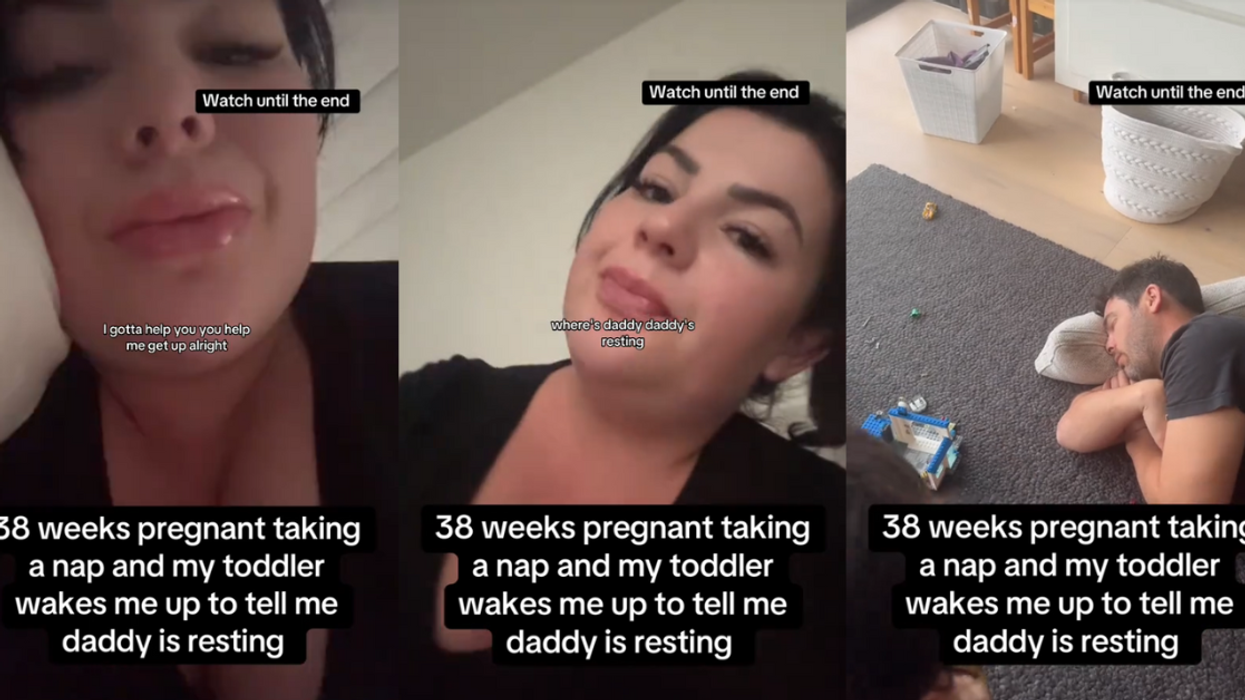
 @mstarland/TikTok
@mstarland/TikTok @mstarland/TikTok
@mstarland/TikTok @mstarland/TikTok
@mstarland/TikTok @mstarland/TikTok
@mstarland/TikTok @mstarland/TikTok
@mstarland/TikTok @mstarland/TikTok
@mstarland/TikTok @mstarland/TikTok
@mstarland/TikTok @mstarland/TikTok
@mstarland/TikTok @mstarland/TikTok
@mstarland/TikTok @mstarland/TikTok
@mstarland/TikTok @mstarland/TikTok
@mstarland/TikTok @mstarland/TikTok
@mstarland/TikTok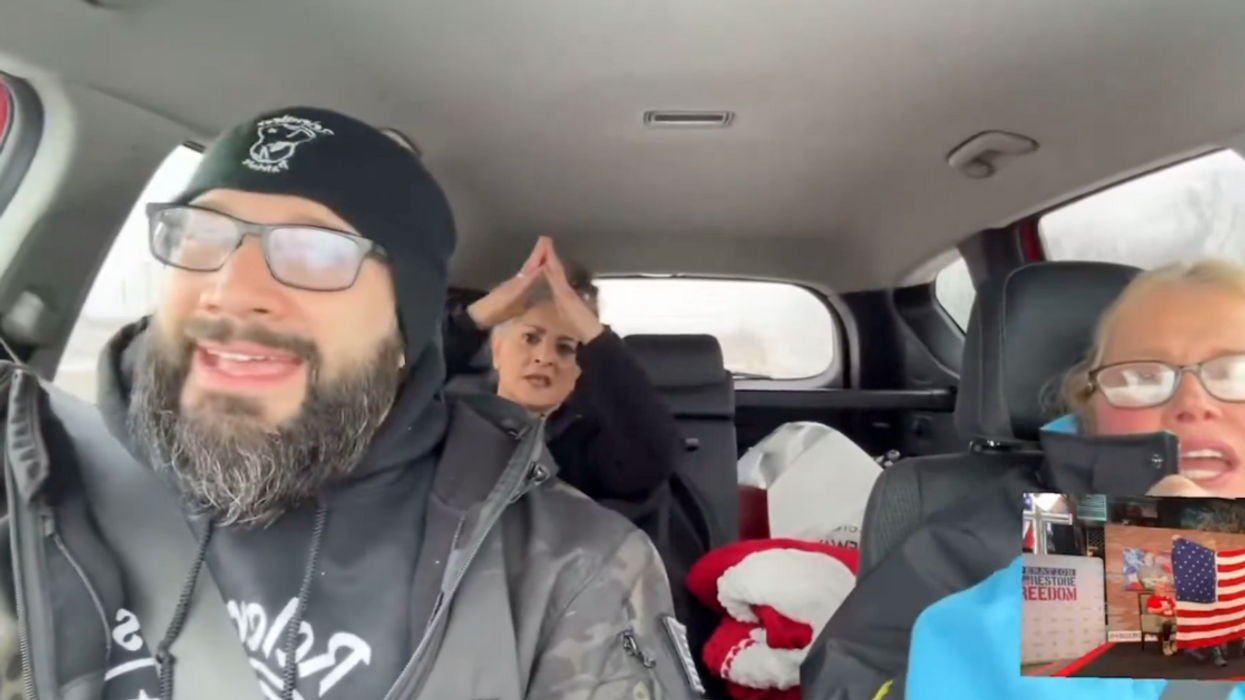
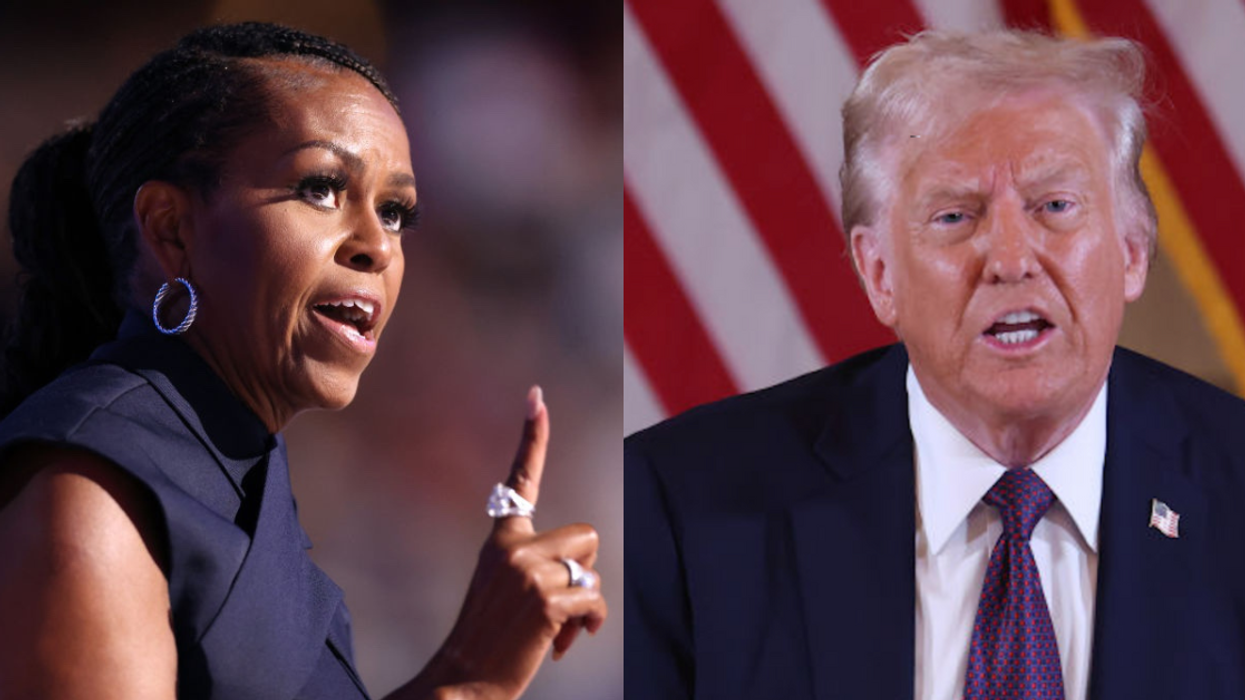

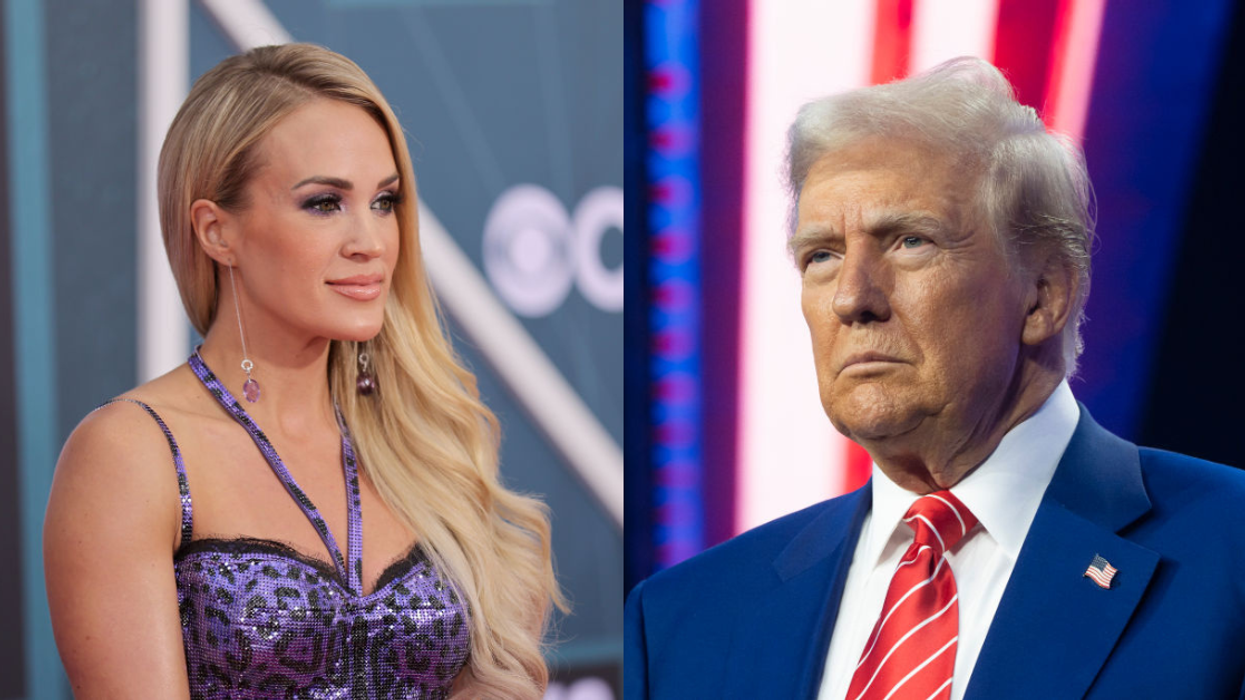

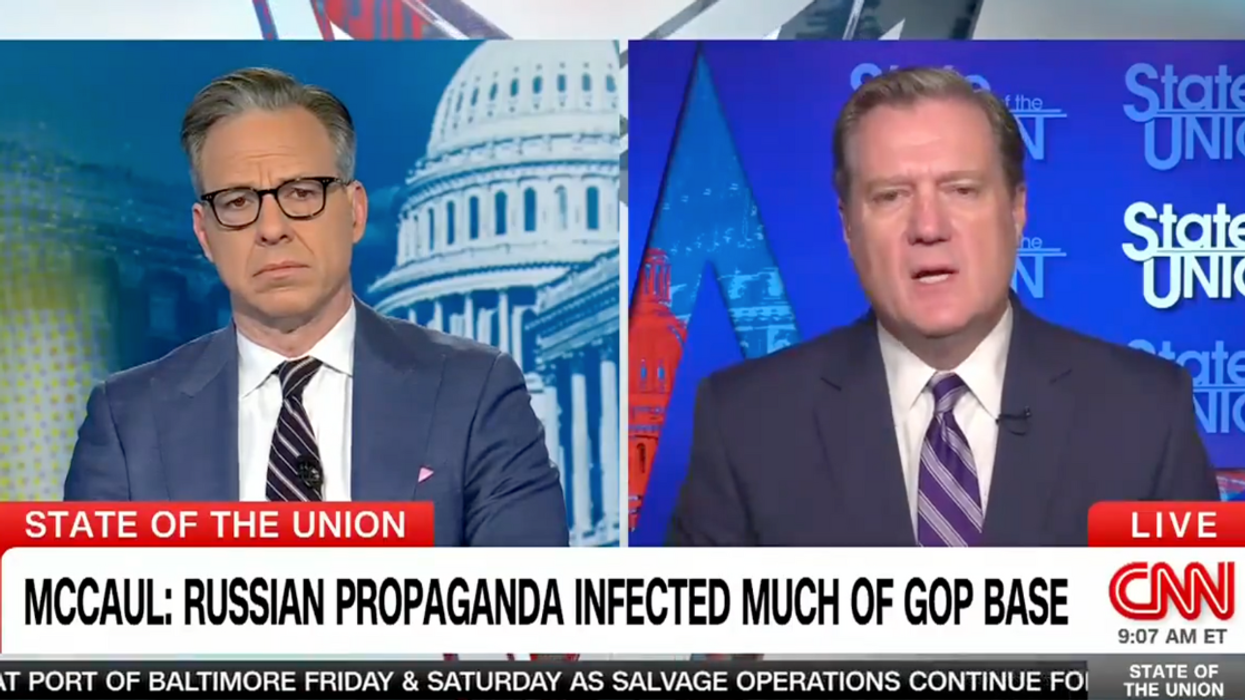
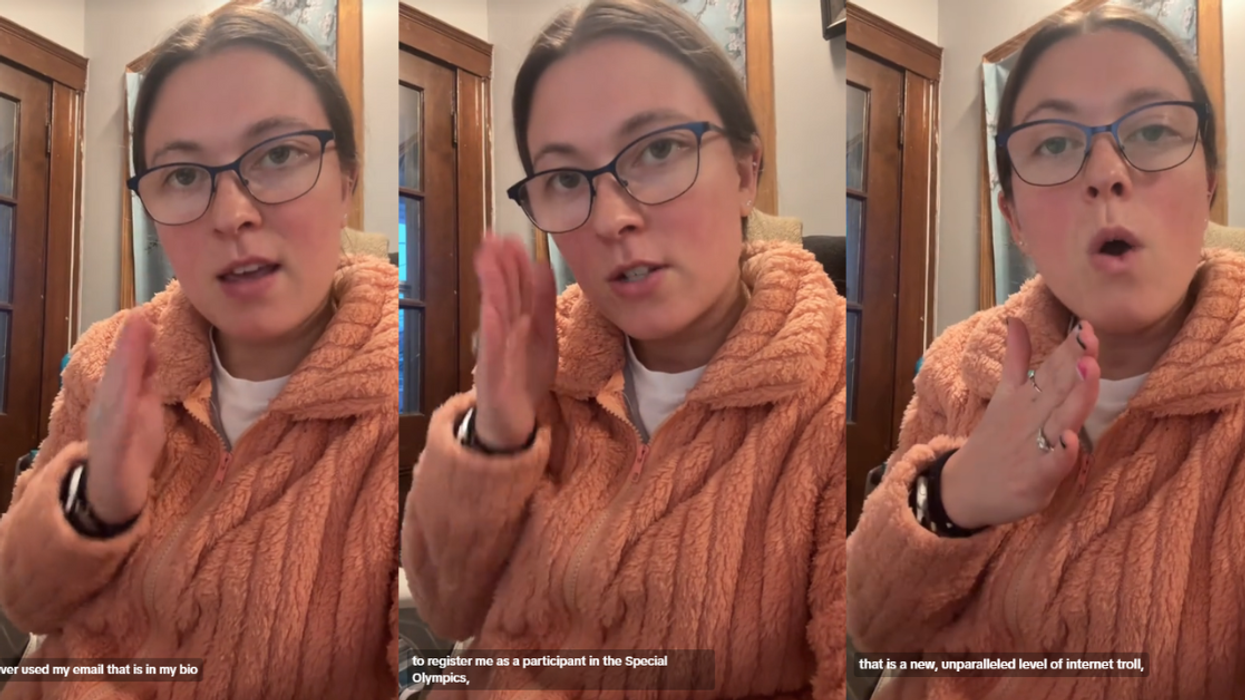
 @poorandhungry/TikTok
@poorandhungry/TikTok @poorandhungry/TikTok
@poorandhungry/TikTok @poorandhungry/TikTok
@poorandhungry/TikTok @poorandhungry/TikTok
@poorandhungry/TikTok @poorandhungry/TikTok
@poorandhungry/TikTok @poorandhungry/TikTok
@poorandhungry/TikTok @poorandhungry/TikTok
@poorandhungry/TikTok @poorandhungry/TikTok
@poorandhungry/TikTok @poorandhungry/TikTok
@poorandhungry/TikTok @poorandhungry/TikTok
@poorandhungry/TikTok @poorandhungry/TikTok
@poorandhungry/TikTok
 @myriamestrella8/TikTok
@myriamestrella8/TikTok @myriamestrella8/TikTok
@myriamestrella8/TikTok @myriamestrella8/TikTok
@myriamestrella8/TikTok @myriamestrella8/TikTok
@myriamestrella8/TikTok @myriamestrella8/TikTok
@myriamestrella8/TikTok @myriamestrella8/TikTok
@myriamestrella8/TikTok @myriamestrella8/TikTok
@myriamestrella8/TikTok @myriamestrella8/TikTok
@myriamestrella8/TikTok @myriamestrella8/TikTok
@myriamestrella8/TikTok @myriamestrella8/TikTok
@myriamestrella8/TikTok @myriamestrella8/TikTok
@myriamestrella8/TikTok